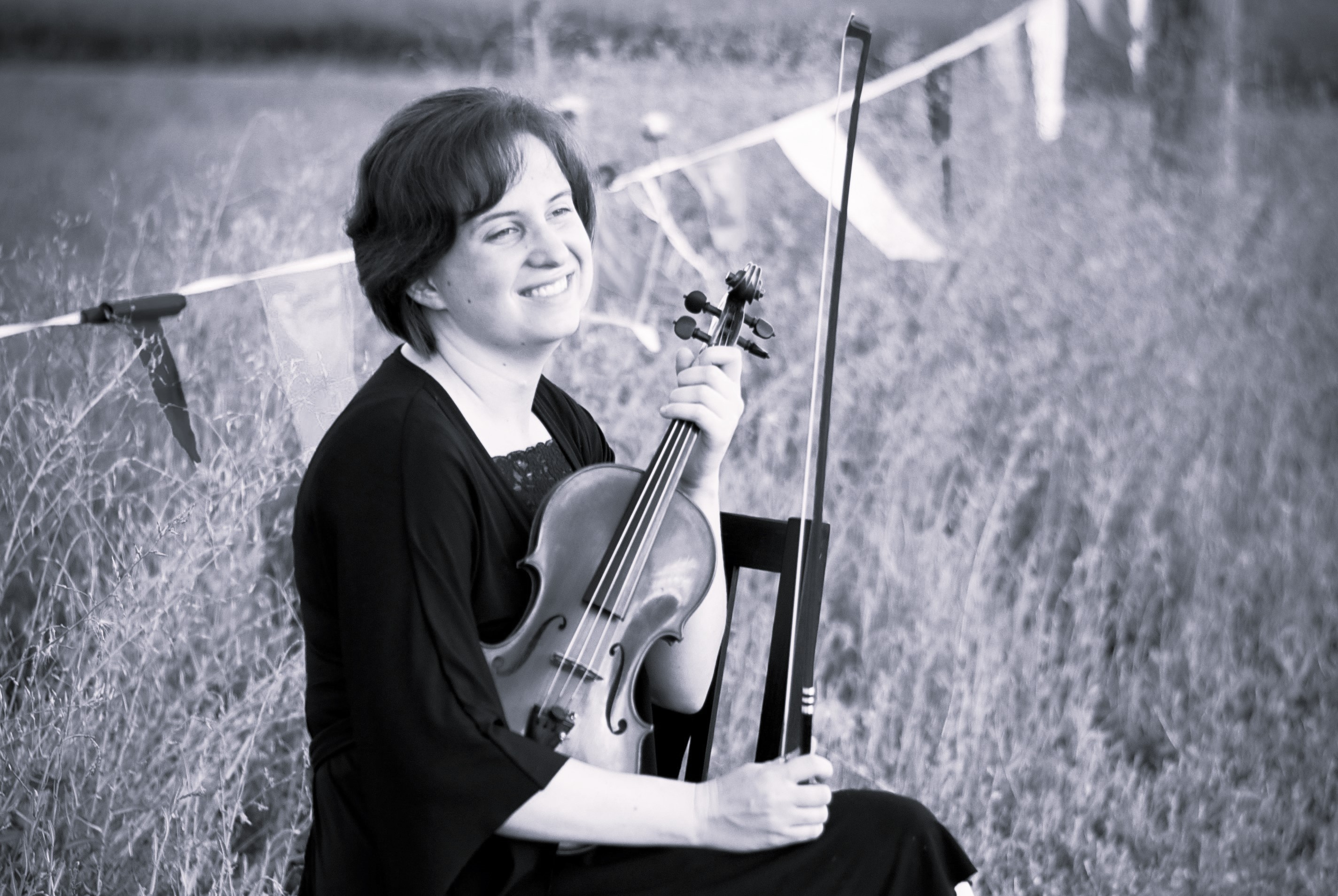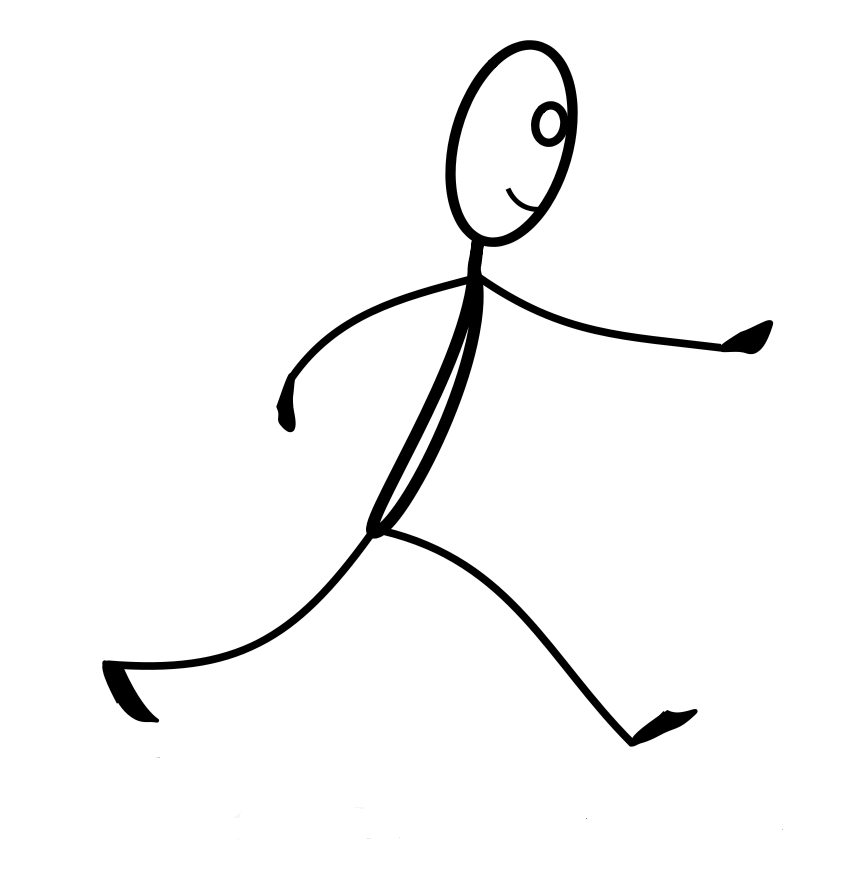When your bridge falls, what do you do? First of all, do not do what a parent at one of my schools did and try to glue it back on the instrument! It won't stay, and the glue will interfere with the functionality of the bridge. Your best bet is to take it to your teacher or a music store.
Did you know? There are approximately 65 pounds of pressure on the bridge from the strings, which is what holds the bridge in place. It must fit tightly, flush with the body of the instrument, to allow the vibrations to transfer through the rest of the violin. No glue is used!
It is perfectly normal for the bridge to shift slightly over time. A) Remember that pressure from the strings? The strings are constantly pulling at the bridge and can cause it to eventually lean forward. B) We're talking about wood. Wood is sensitive to temperature and humidity. Any changes can cause the bridge to move. It is good practice to regularly check your bridge to see if it's leaning or off-center. Particularly if it is no longer perpendicular to the top of the instrument, take it to your teacher right away or bring it in to your local music store.
Another good thing to do each week, while you're tuning your violin, is to lift the strings slightly, in alternating order (ex. E then D then A then G), at the bridge, temporarily relieving the pressure, and then immediately put them back down, holding the bridge at the same time. (Hold the bridge at the base with your thumb and pointer finger to keep it from moving.) Be careful while doing this. It's not worth breaking a string . . . or a bridge!
If your bridge breaks, be advised that the expense to get a new one is going to be hefty. A standard violin bridge is typically between 60 and 80 dollars. Why? Because there is no such thing as a pre-made bridge. Blanks alone start at around $15 for the small ones. Then, each bridge must be hand-carved and adjusted by a well-trained repair technician to fit the curvature of each individual instrument, which takes a good deal of time and skill.
Credits: Adam Day (see adamdayviolins.com) and Riverton Music








